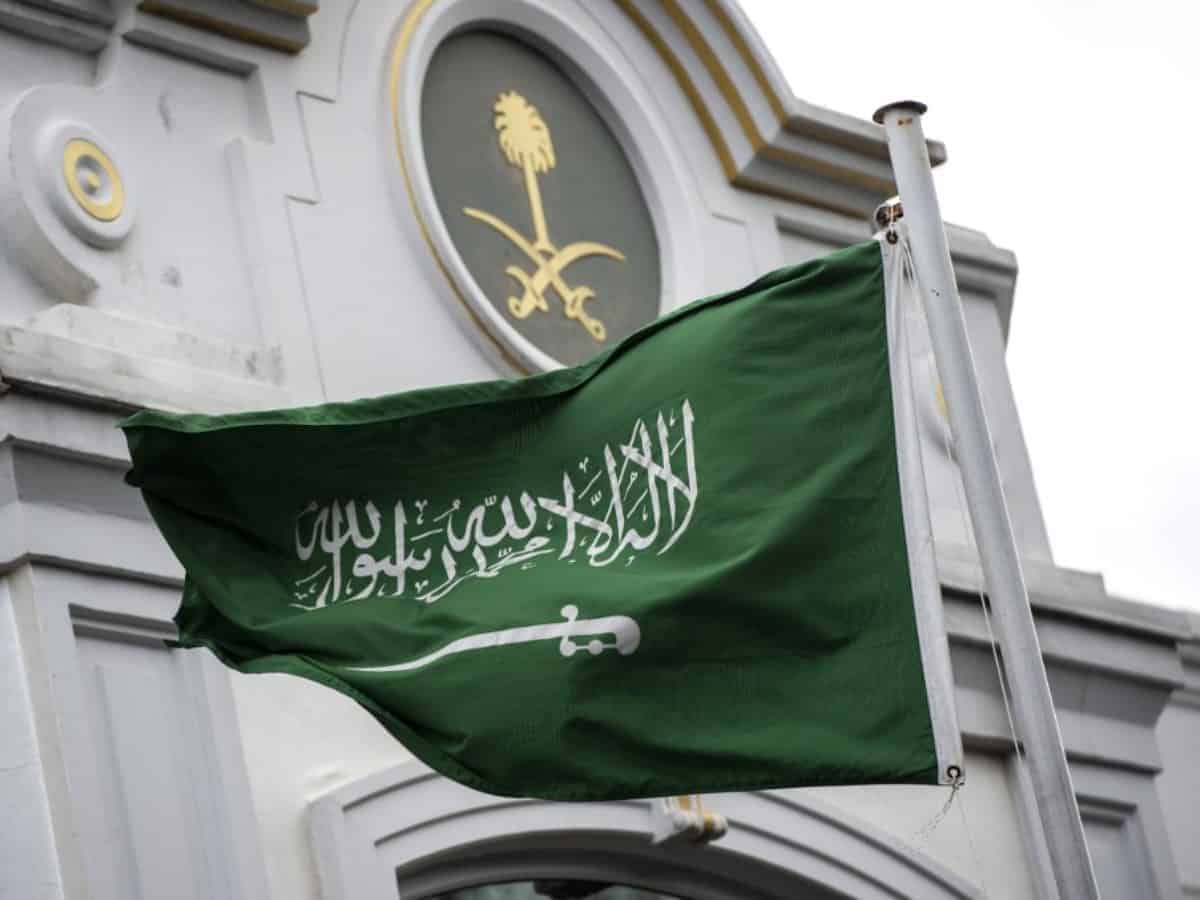Riyadh: Saudi Arabia has changed its approach towards rivals Iran and Turkey from confrontation to dialogue amid the altered geopolitical conditions in the Middle East.
On May 10, Tehran confirmed that last month Iranian and Saudi officials had met for Iraqi-brokered talks in Baghdad, reported Asia Times.
“We welcome resolving the issues that have existed between the two countries,” Iranian Foreign Ministry spokesman Saeed Khatibzadeh said, confirming the meet-up on Iranian TV. “We will use our best efforts in this regard.”
This announcement came the same day as another meeting between long-standing regional rivals, when Turkish Foreign Minister Mevlut Cavusoglu and Saudi Arabia’s King Salman met in Mecca, reported Asia Times.
Ankara, Riyadh have been at loggerheads for years on various issues
Ankara and Riyadh have been at loggerheads for years on issues such as the Saudi and UAE-led blockade of Turkish ally Qatar, and the 2018 murder of Saudi columnist and oppositionist Jamal Khashoggi.
Both meetings are clear signs of a major recent shift in Saudi Arabia’s foreign policy – one driven by domestic and international pressures.
“There has been a strategic shift in thinking in Riyadh towards dialogue, rather than confrontation,” Yasmine Farouk, from the Middle East Program at the Carnegie Endowment for International Peace, told Asia Times.
“Saudi Arabia also has a huge internal project underway to transform its state, politics and economics,” says Farouk.
Indeed, for years now, the Kingdom has been trying to implement its ‘Vision 2030’ program.
This seeks to reduce the country’s dependency on oil and gas exports, roll back wide-ranging programs of social support and encourage more foreign investment and private sector entrepreneurship, wrote Jonathan Gorvett, in an article in Asia Times.
“Some of the toughest issues the Saudis face right now are domestic, not foreign,” said Gerald M Feierstein, Senior Vice President of the Middle East Institute in Washington.
Thus, the flurry of fence-mending since the start of this year. In January, Saudi Arabia reached out to Qatar, ending the 2017 blockade.
Indeed, the day after the Iranian meeting was confirmed, Qatari Emir Sheikh Tamim bin Hamad Al Thani visited Jeddah and met the Crown Prince Mohammed bin Salman (MBS).
Ties with Turkey also began to improve following the end of the Qatar blockade. Cavusoglu’s visit to Mecca confirmed this developing trend.
Then came confirmation of those meetings with Iran, with Rayed Krimly, head of policy planning at Saudi Arabia’s Foreign Ministry, saying that Riyadh now wanted to see “verifiable deeds”.
Riyadh first embarked on a more assertive foreign policy in 2015
Riyadh first embarked on a more assertive foreign policy in 2015, with the rise of MBS, wrote Gorvett.
That year saw the Crown Prince order Saudi troops into neighbouring Yemen, while the Kingdom also took a more aggressive stance against Iran and its developing nuclear program, reported Asia Times.
After US President Donald Trump came to power, MBS appeared to have a strong ally in the White House. Indeed, Trump backed Saudi Arabia when it engaged with other Gulf states and Egypt to blockade Qatar in 2017.
“This was a period when Saudi Arabia was pushing out, trying to establish its leadership of the Sunni Arab world,” Feierstein told Asia Times.
This push came after major regional Arab states, such as Egypt, Libya and Syria, had suffered internal collapse in the 2011 Arab Spring. Foreign invasion in 2003 and internal conflict had also taken out Iraq – the other historically key Arab power.
In 2019, it was also demonstrated how Riyadh could not rely on Donald Trump to back Saudi Arabia up. That year saw a Houthi strike on Saudi oil company ARAMCO’s facilities in Eastern Saudi Arabia – and little US response.
“For all his aggressive rhetoric on Iran,” says Feierstein, “Trump made clear back then that he would not respond to any Iranian action unless US lives were lost.”
What Riyadh saw as a lack of support was then underscored by US President Joe Biden’s official removal of US backing for Saudi Arabia’s intervention in Yemen in 2021.
At the same time, Biden has also moved to re-open talks on the Iranian nuclear program broken off by Trump and to open a wider dialogue with Tehran.
“The change in US leadership and policy definitely impacted Saudi Arabia, requiring it to make a major re-adjustment,” said Divsallar to Asia Times.

